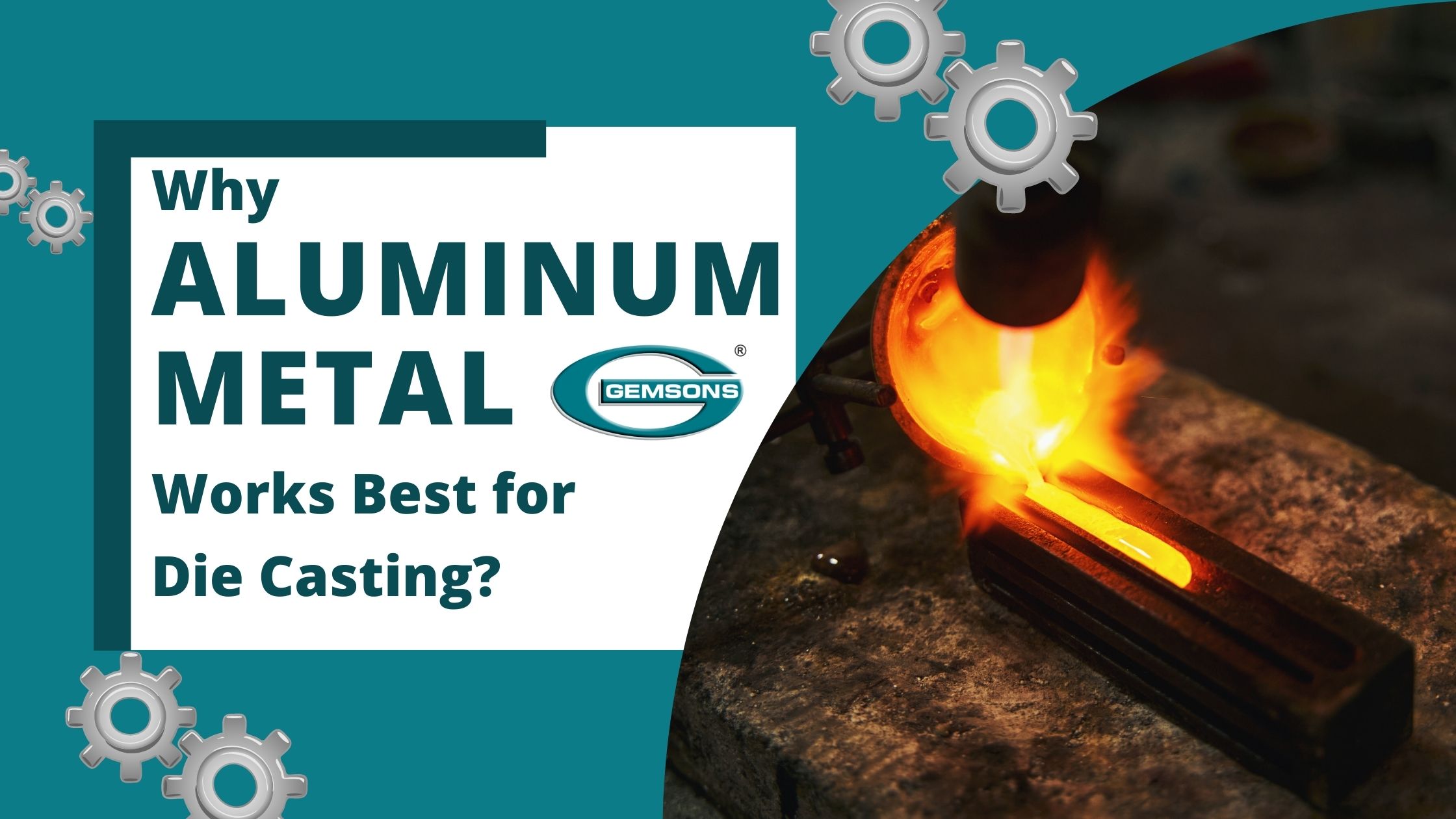Our Alcast Company PDFs
Our Alcast Company PDFs
Blog Article
The Greatest Guide To Alcast Company
Table of ContentsAlcast Company for DummiesEverything about Alcast CompanyFacts About Alcast Company RevealedSome Ideas on Alcast Company You Need To Know4 Simple Techniques For Alcast CompanyThe Best Guide To Alcast Company
Chemical Comparison of Cast Aluminum Alloys Silicon promotes castability by reducing the alloy's melting temperature and improving fluidity throughout spreading. Additionally, silicon adds to the alloy's strength and put on resistance, making it beneficial in applications where sturdiness is vital, such as auto components and engine parts.It likewise improves the machinability of the alloy, making it much easier to refine right into finished products. In this method, iron contributes to the total workability of light weight aluminum alloys.
Manganese adds to the stamina of aluminum alloys and enhances workability (aluminum casting company). It is commonly utilized in functioned aluminum items like sheets, extrusions, and profiles. The existence of manganese help in the alloy's formability and resistance to fracturing throughout manufacture processes. Magnesium is a lightweight aspect that gives strength and effect resistance to aluminum alloys.
The Buzz on Alcast Company
It enables the production of light-weight components with superb mechanical residential properties. Zinc improves the castability of light weight aluminum alloys and helps manage the solidification process during casting. It boosts the alloy's strength and solidity. It is typically located in applications where elaborate shapes and fine details are essential, such as attractive spreadings and specific automobile components.

The main thermal conductivity, tensile toughness, yield strength, and prolongation vary. Among the above alloys, A356 has the greatest thermal conductivity, and A380 and ADC12 have the cheapest.
An Unbiased View of Alcast Company

In accuracy spreading, 6063 is appropriate for applications where intricate geometries and top notch surface coatings are critical. Examples include telecommunication enclosures, where the alloy's premium formability permits streamlined and visually pleasing layouts while preserving structural honesty. In the Illumination Solutions sector, navigate to this site precision-cast 6063 parts create sophisticated and reliable lights fixtures that require elaborate shapes and good thermal efficiency.
The A360 shows exceptional prolongation, making it perfect for complicated and thin-walled elements. In accuracy spreading applications, A360 is fit for markets such as Consumer Electronic Devices, Telecommunication, and Power Tools.
The Main Principles Of Alcast Company
Its unique buildings make A360 a beneficial selection for precision casting in these markets, improving product durability and top quality. aluminum metal casting. Aluminum alloy 380, or A380, is an extensively used spreading alloy with a number of distinctive characteristics.
In accuracy casting, aluminum 413 beams in the Consumer Electronics and Power Devices markets. It's commonly utilized to craft elaborate components like mobile phone housings, cam bodies, and power tool coverings. Its precision is impressive, with limited tolerances as much as 0.01 mm, ensuring perfect product setting up. This alloy's superior rust resistance makes it an excellent option for outdoor applications, guaranteeing long-lasting, long lasting items in the discussed markets.
The Best Strategy To Use For Alcast Company
Once you have made a decision that the aluminum die casting procedure appropriates for your task, a crucial following step is picking the most proper alloy. The aluminum alloy you pick will significantly impact both the spreading process and the homes of the last item. Due to this, you need to make your decision carefully and take an informed approach.
Establishing the most suitable aluminum alloy for your application will imply considering a large variety of attributes. These relative alloy characteristics adhere to the North American Pass Away Casting Organization's guidelines, and we have actually separated them right into two classifications. The initial category addresses alloy qualities that impact the manufacturing procedure. The second covers characteristics impacting the residential or commercial properties of the final product.
How Alcast Company can Save You Time, Stress, and Money.
The alloy you pick for die spreading straight influences several elements of the casting process, like how easy the alloy is to work with and if it is vulnerable to casting defects. Warm fracturing, likewise referred to as solidification fracturing, is a common die spreading issue for aluminum alloys that can cause inner or surface-level rips or splits.
Certain light weight aluminum alloys are much more at risk to warm breaking than others, and your choice needs to consider this. One more typical defect discovered in the die casting of aluminum is die soldering, which is when the actors adheres to the die wall surfaces and makes ejection hard. It can harm both the cast and the die, so you should search for alloys with high anti-soldering residential or commercial properties.
Corrosion resistance, which is already a notable attribute of light weight aluminum, can vary considerably from alloy to alloy and is an essential characteristic to consider depending on the environmental conditions your item will certainly be revealed to (aluminum foundry). Wear resistance is an additional home typically looked for in light weight aluminum items and can separate some alloys
Report this page